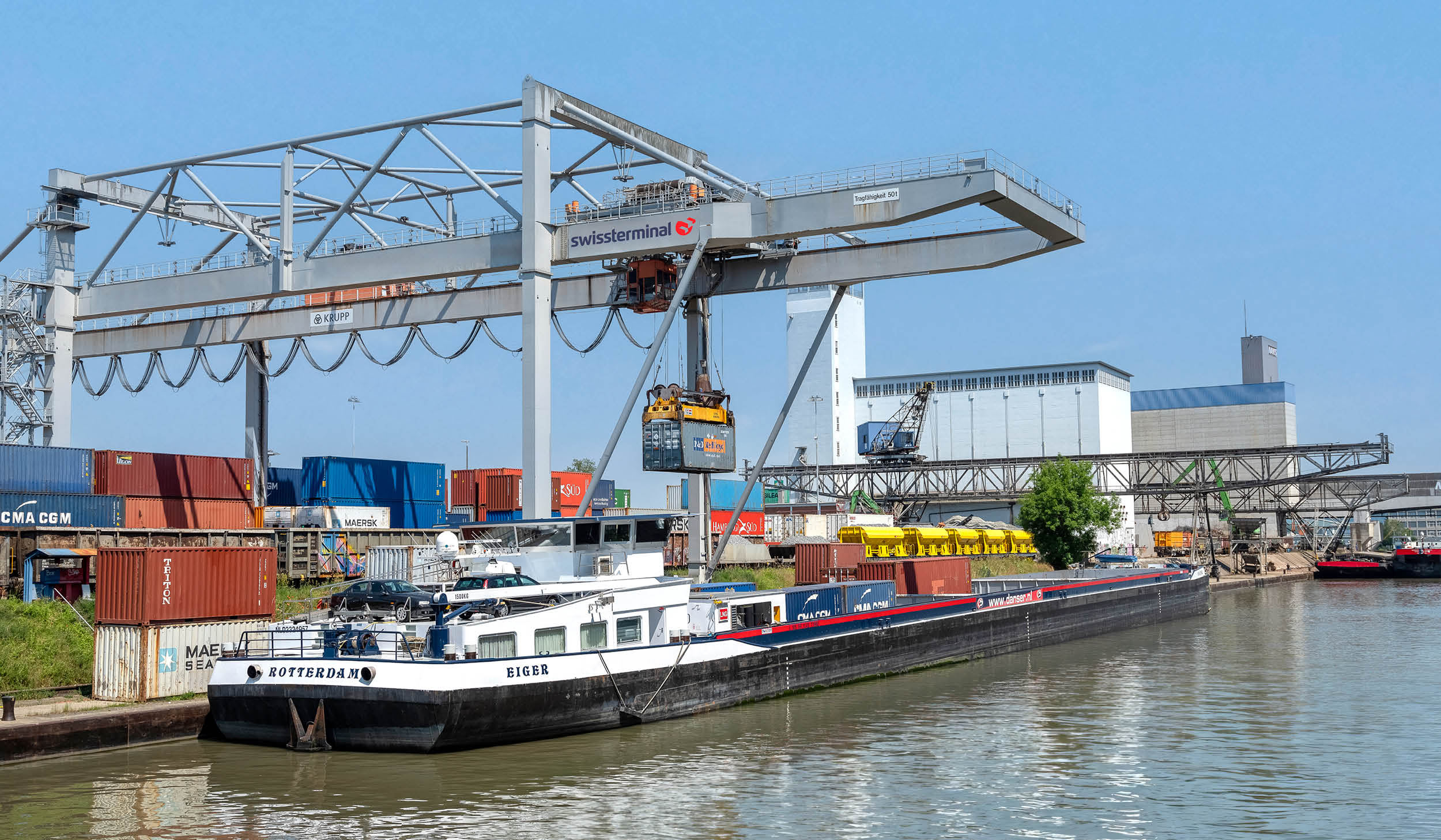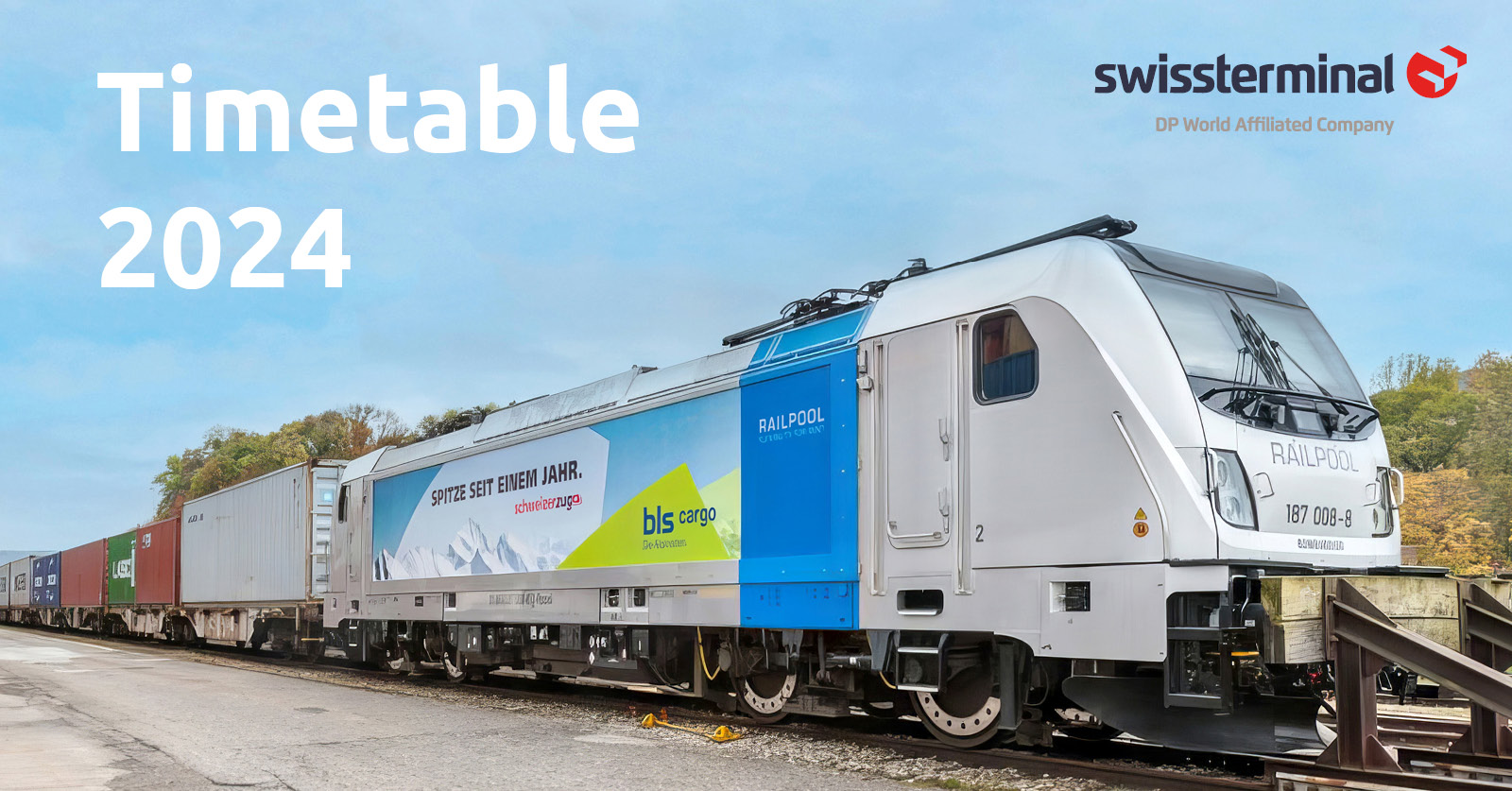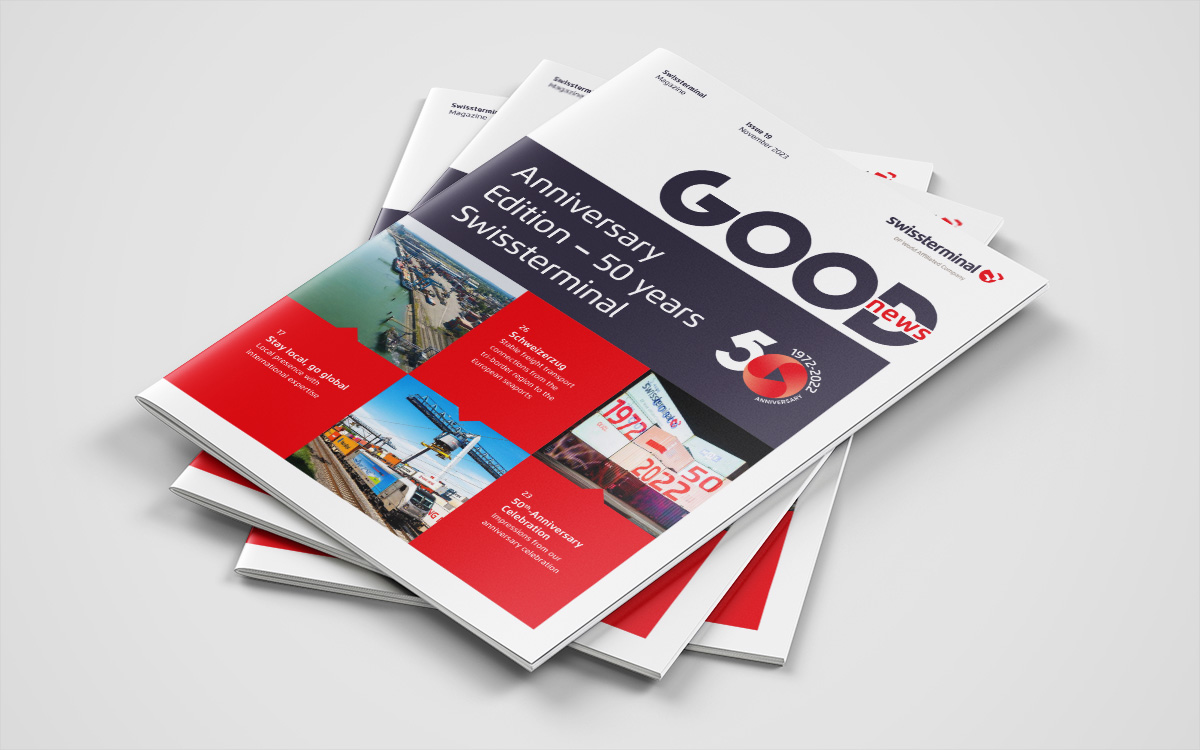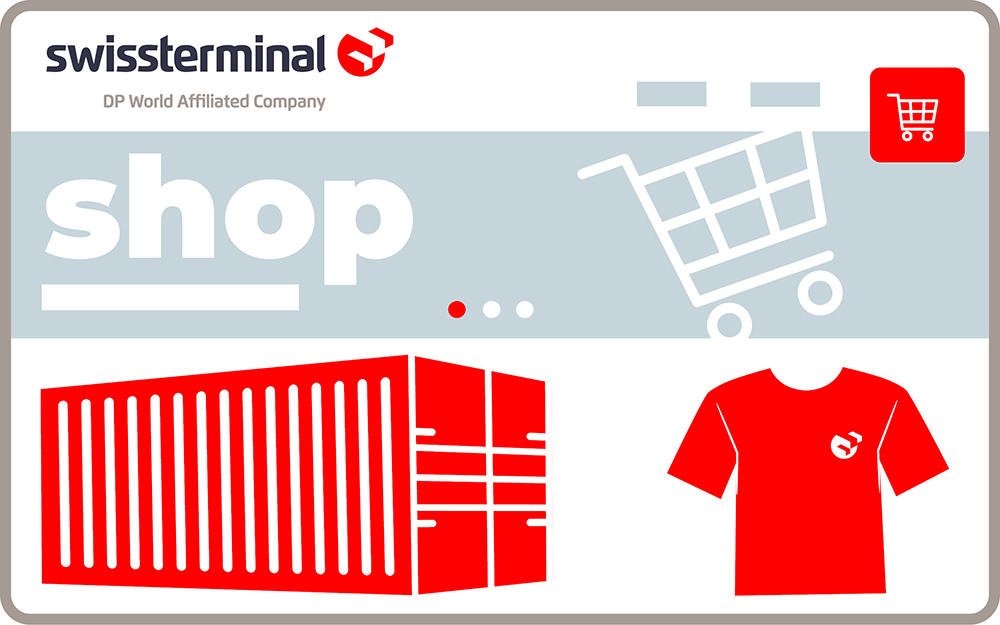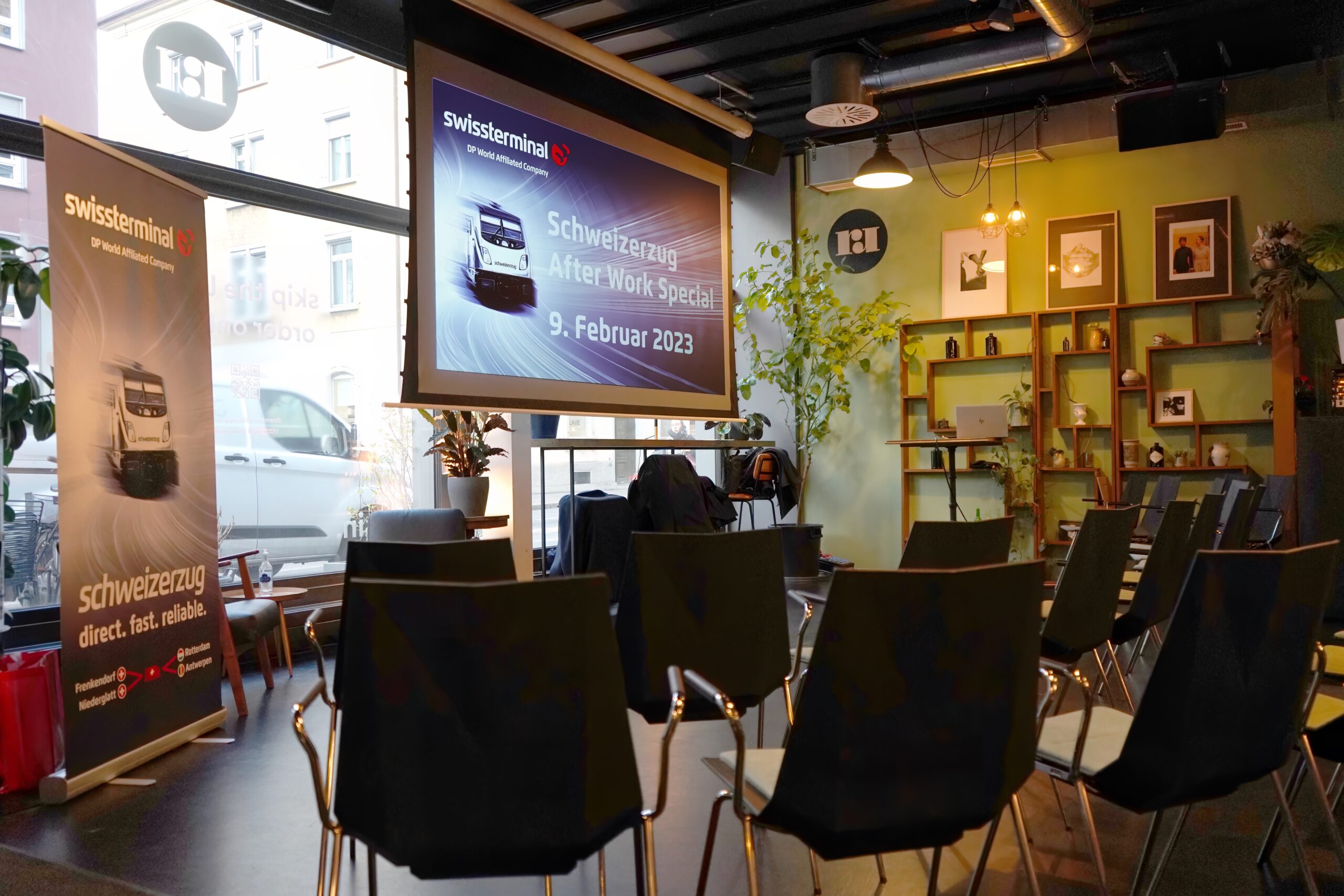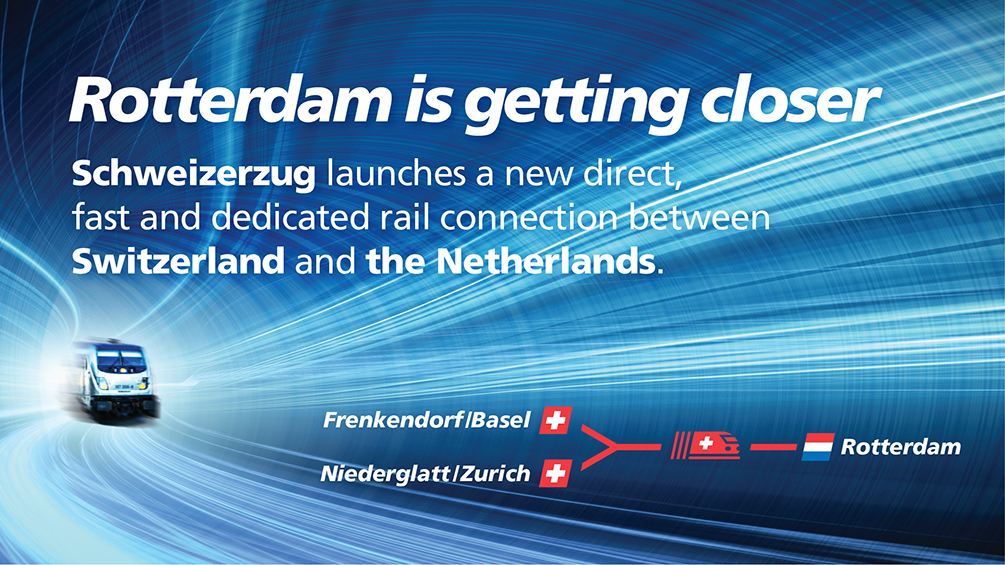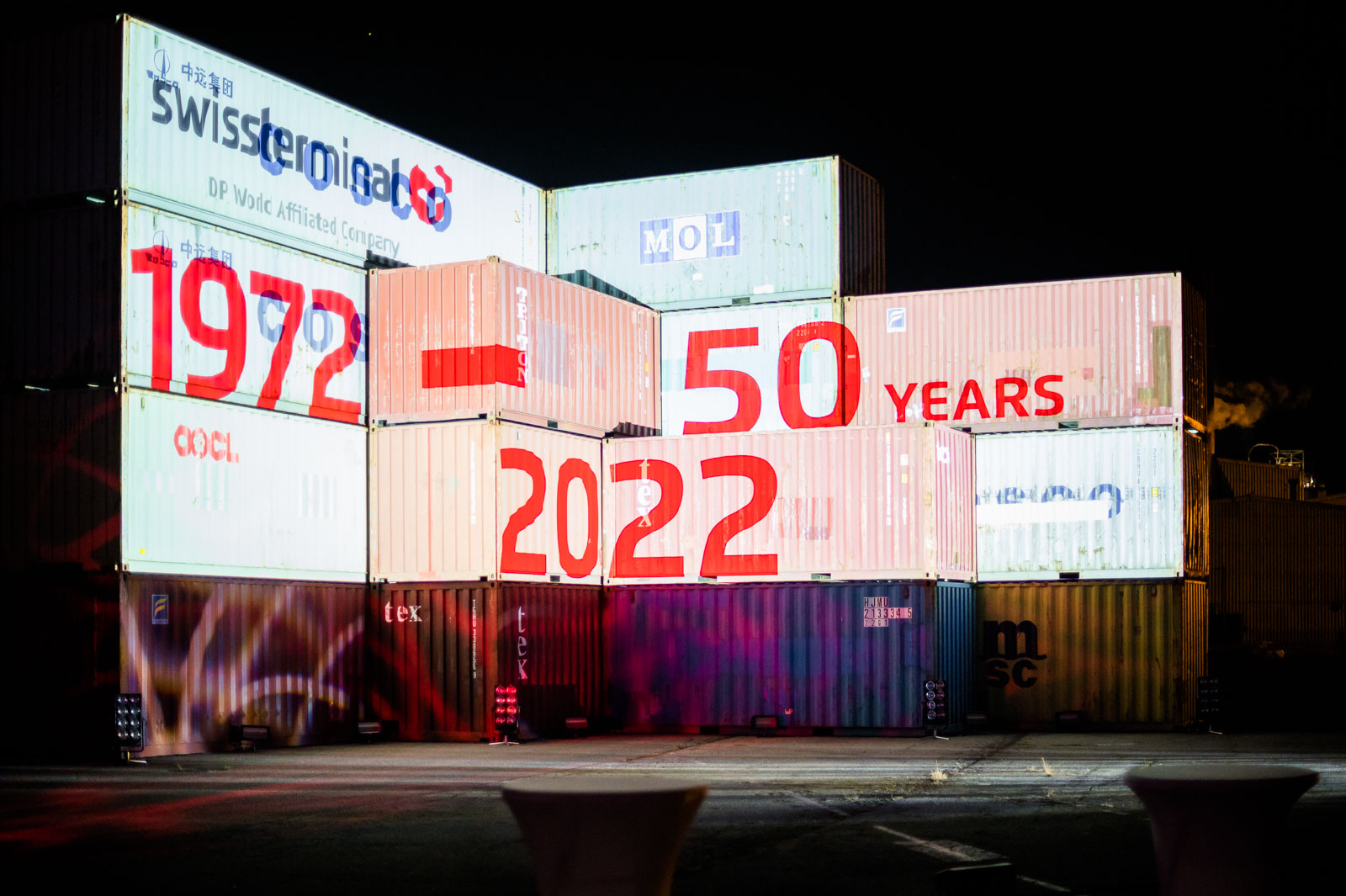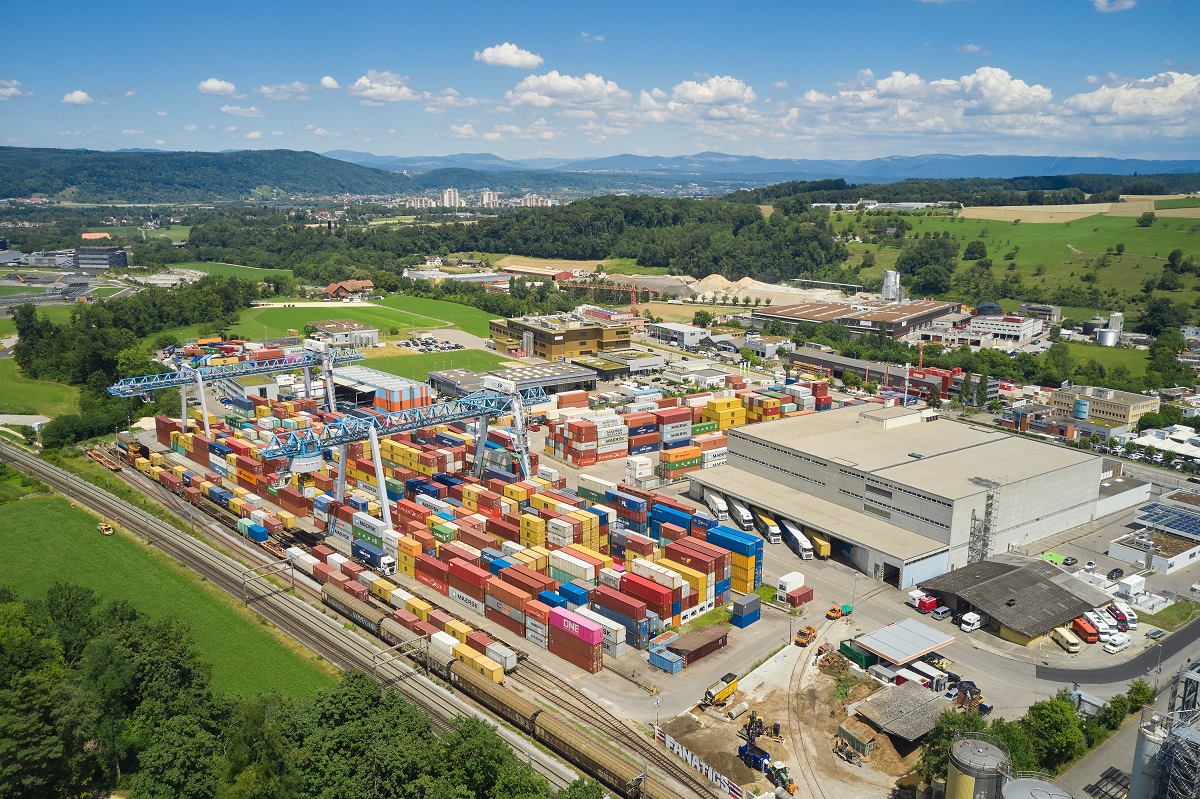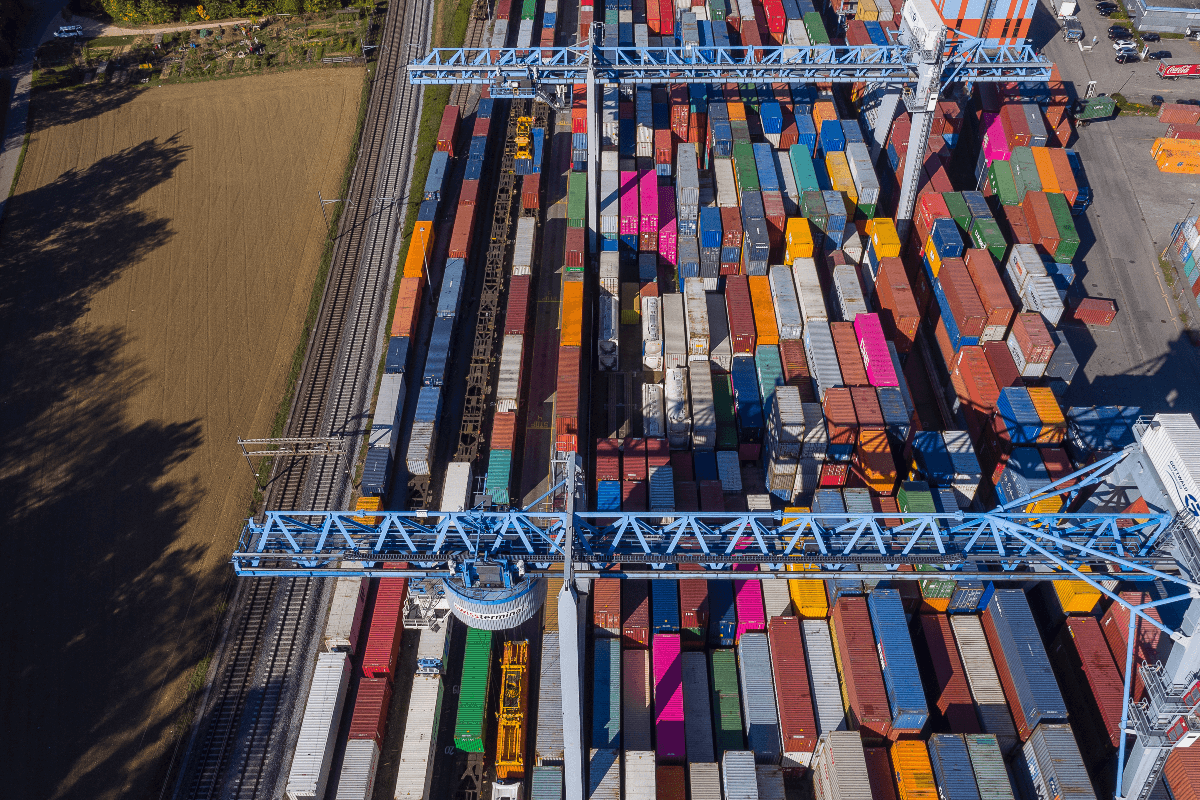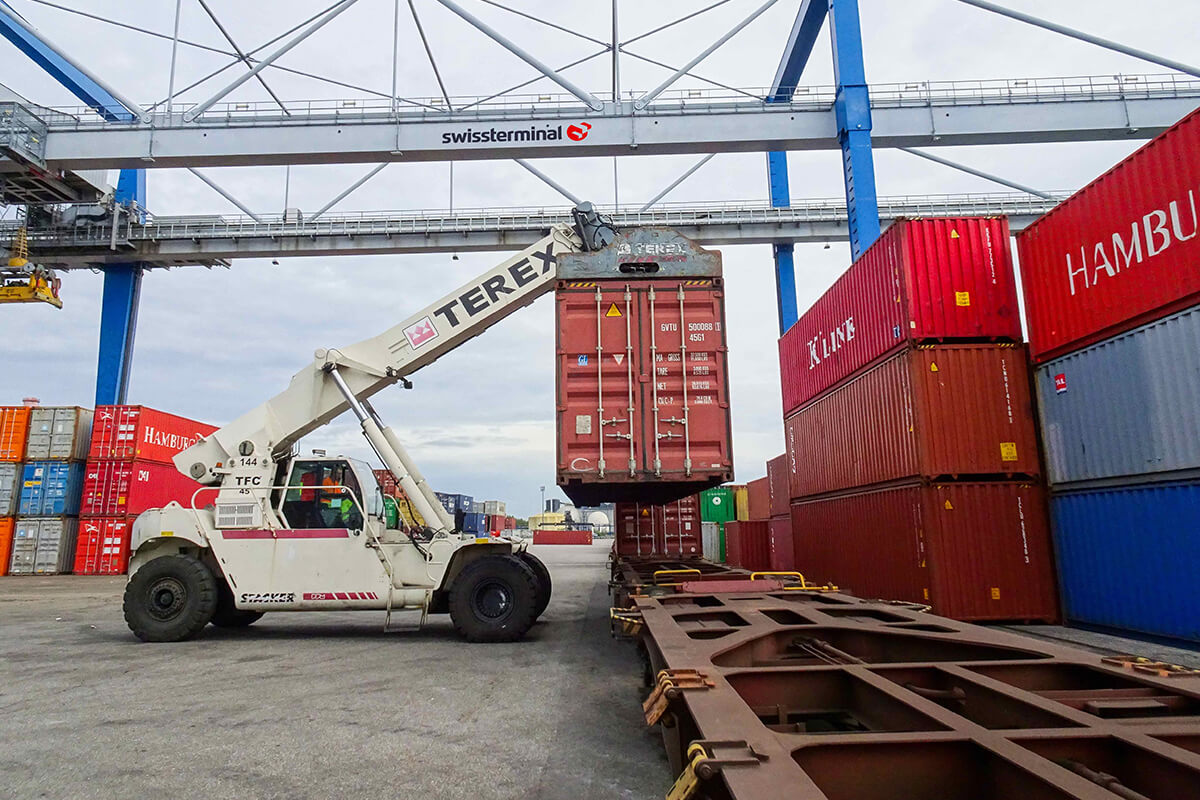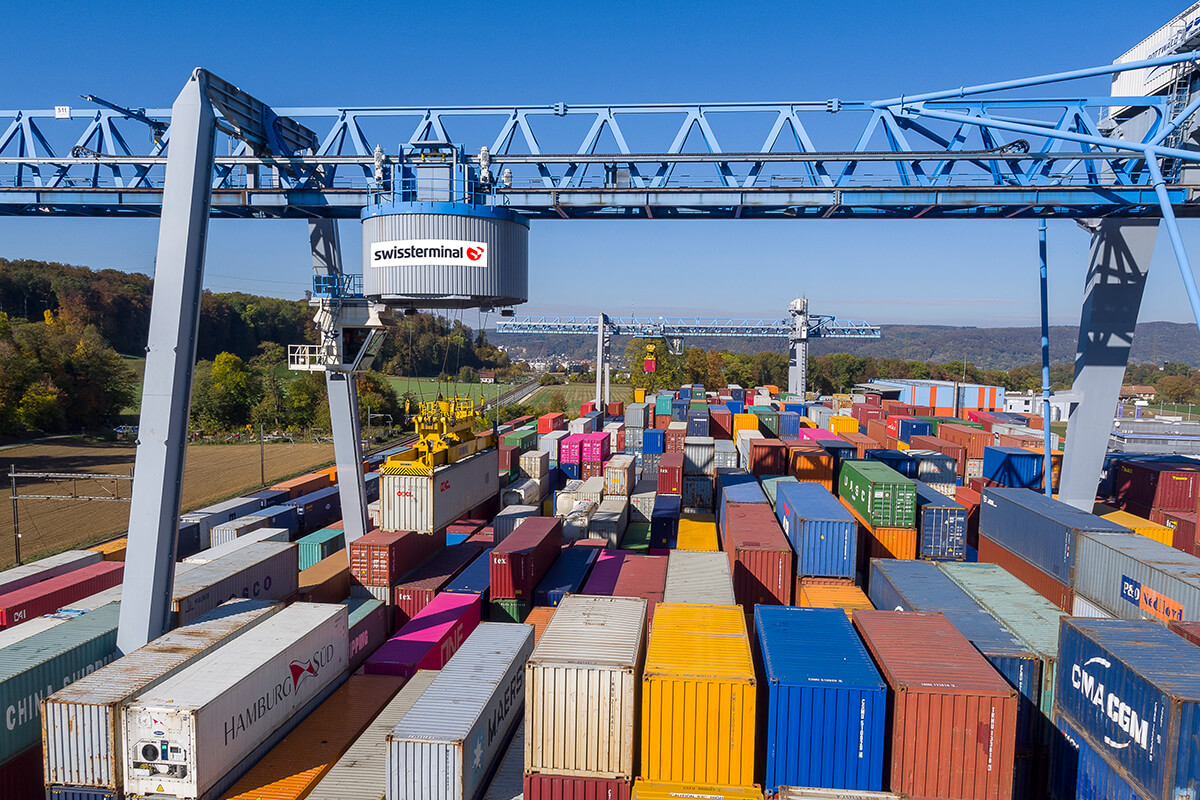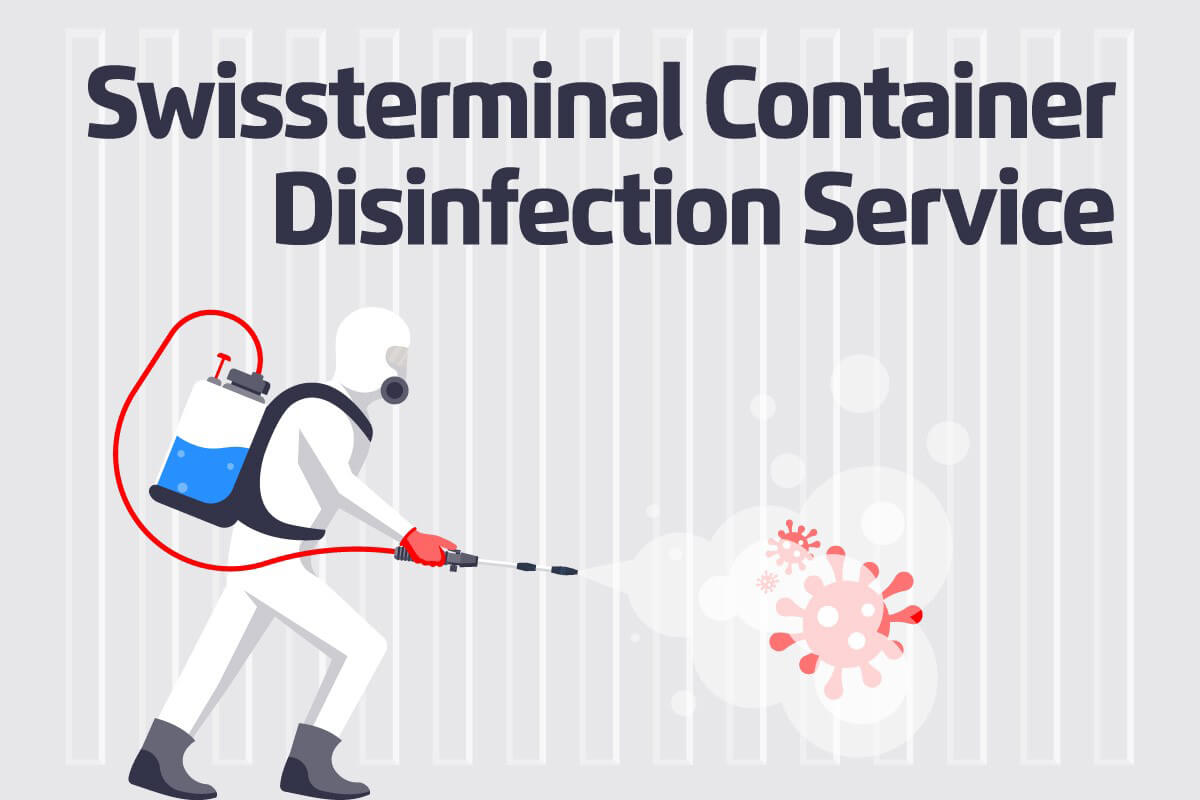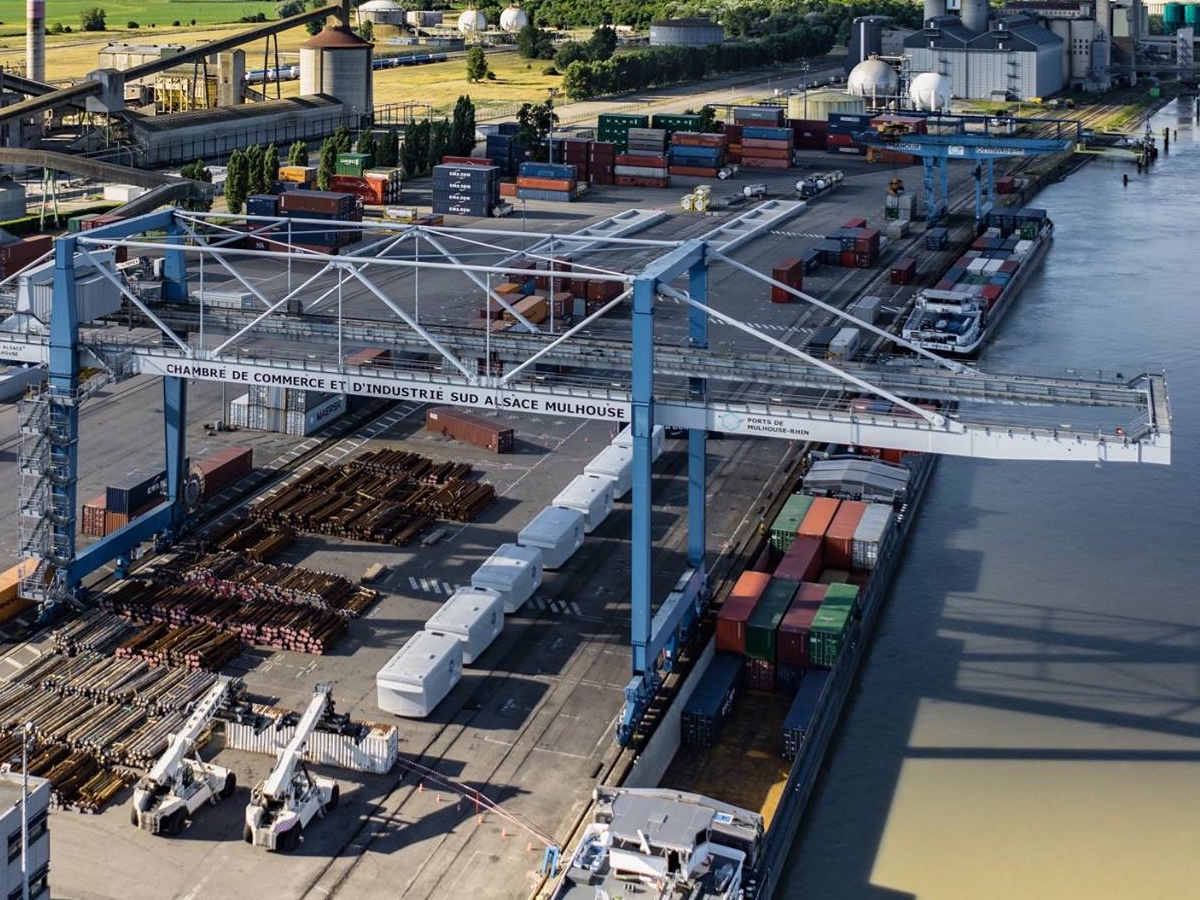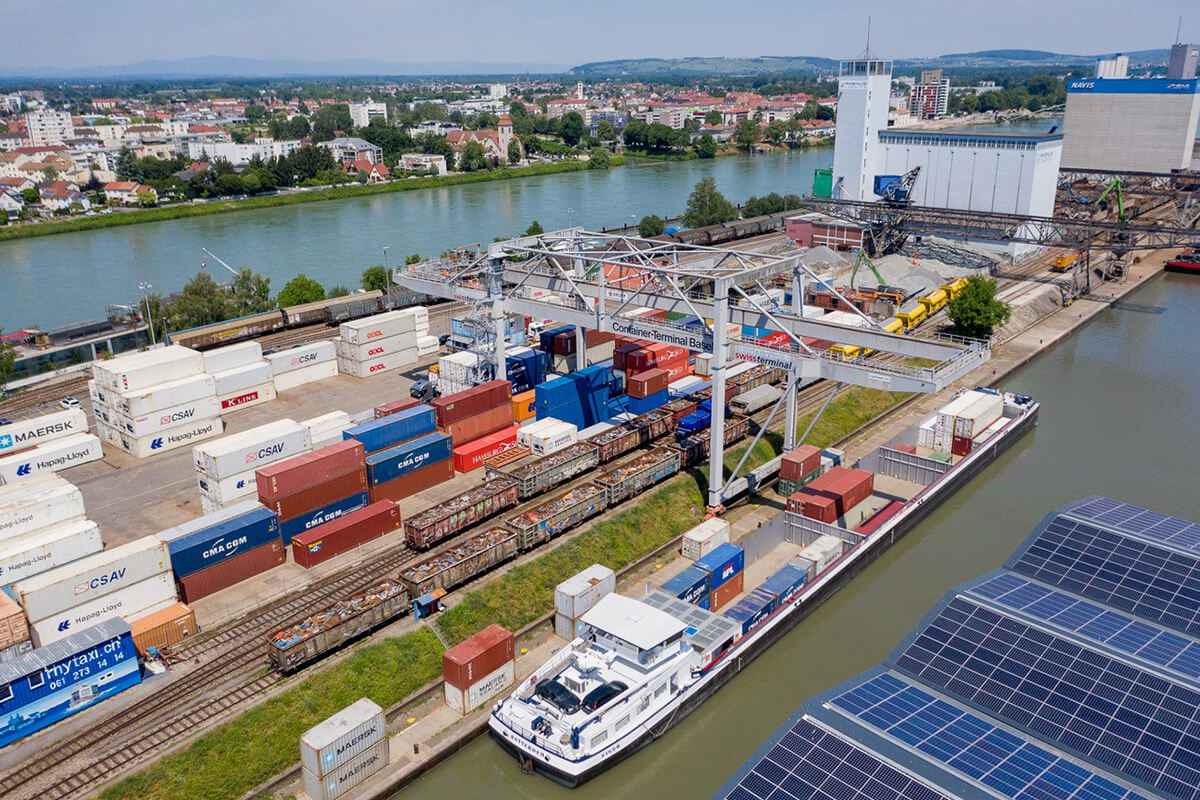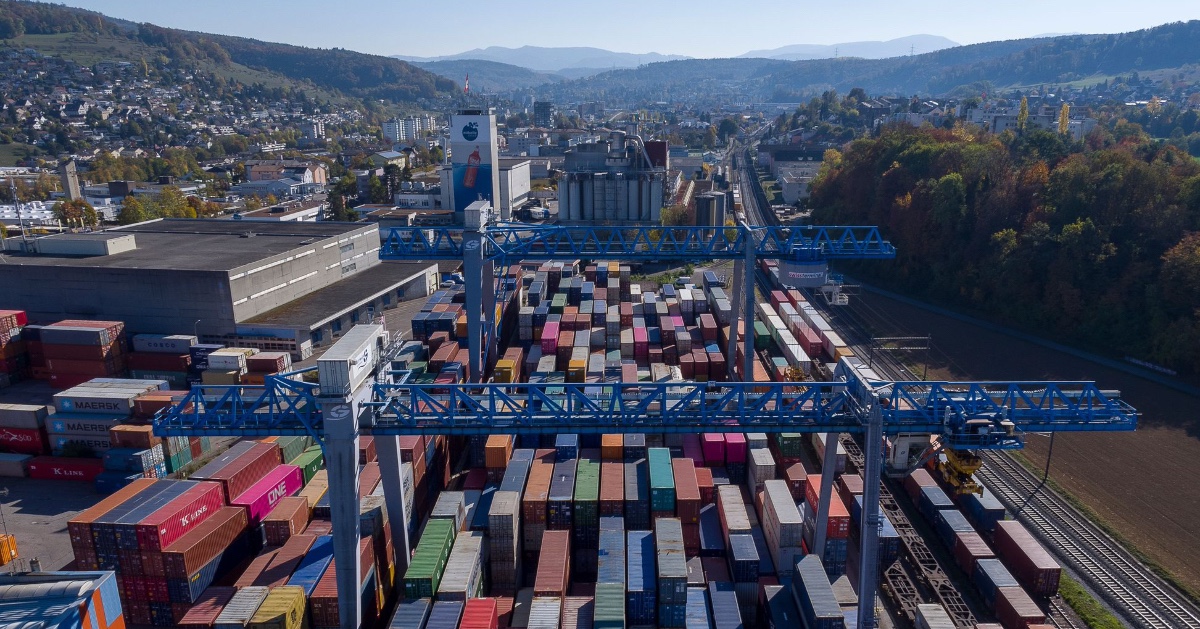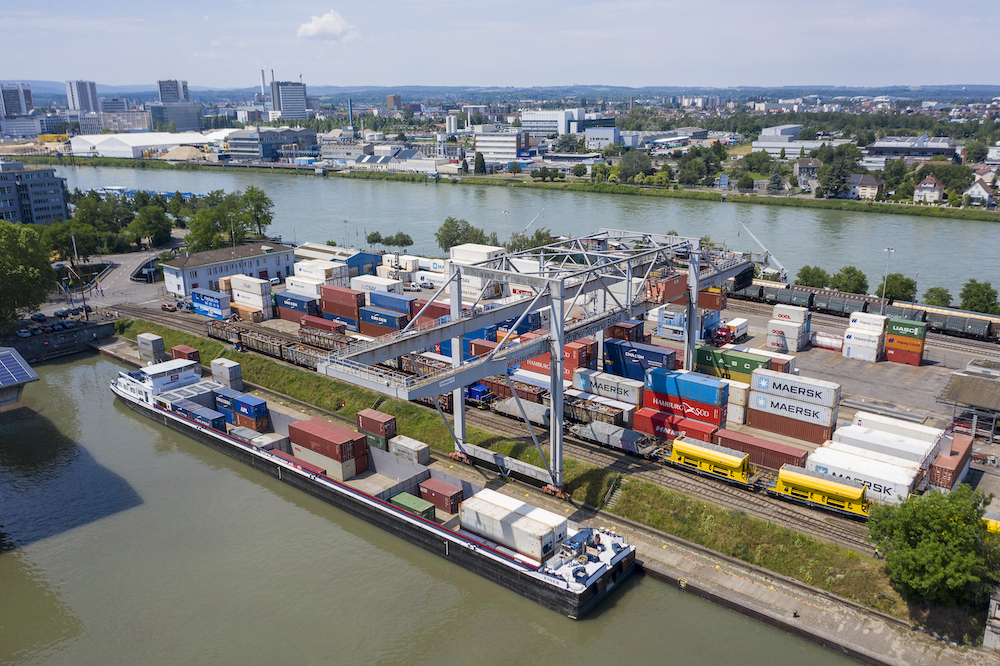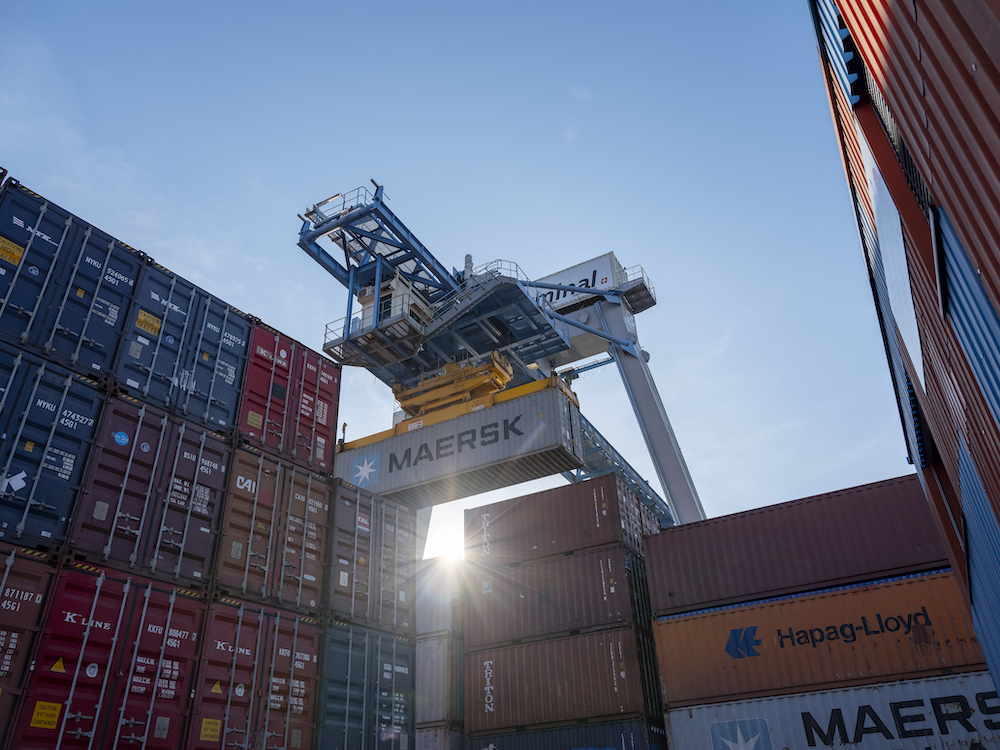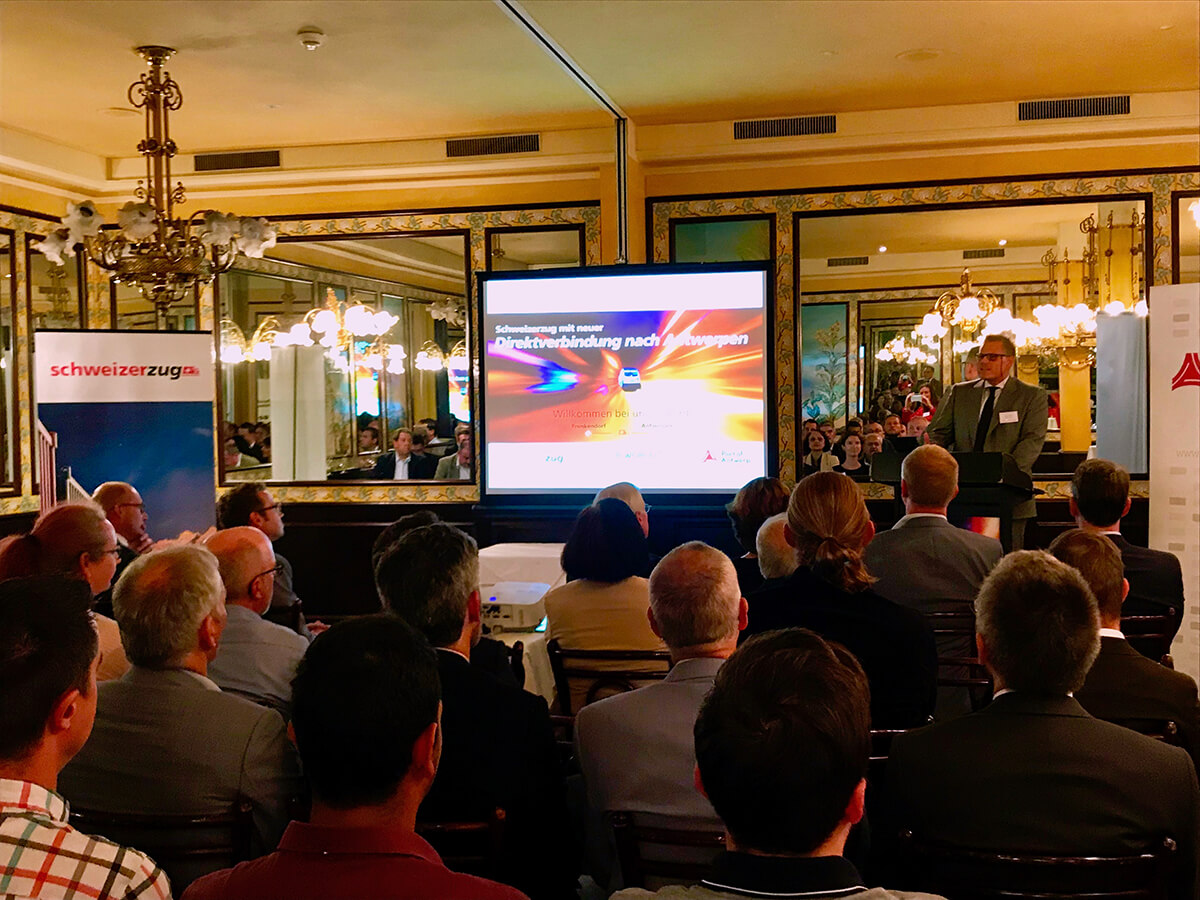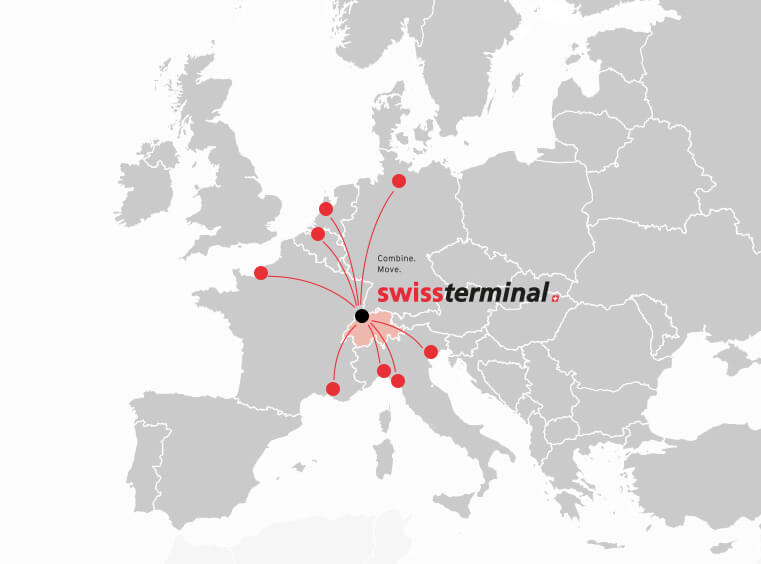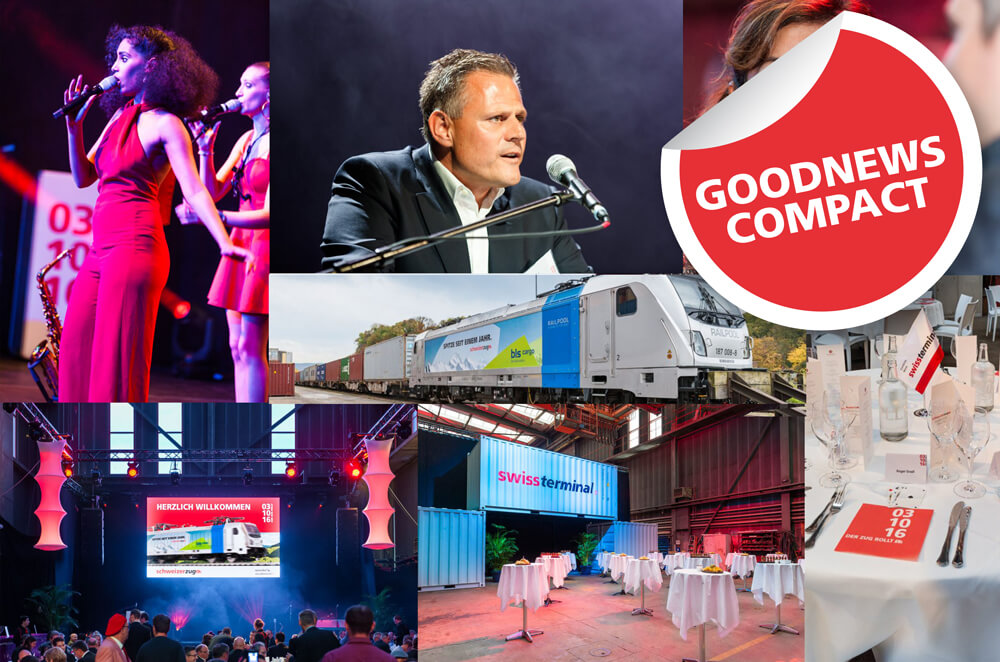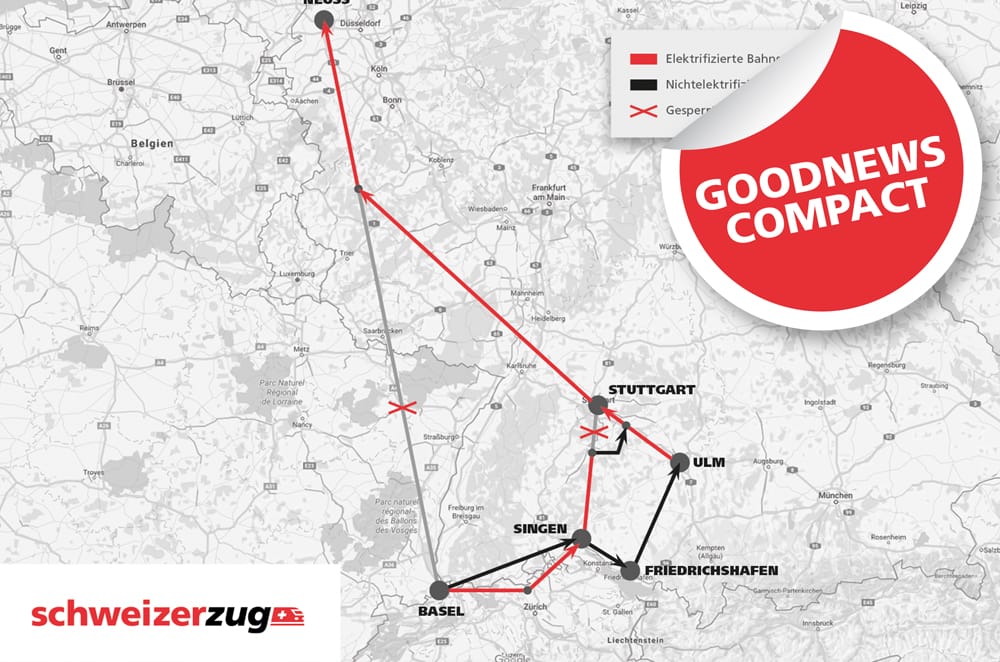Cooperation is key
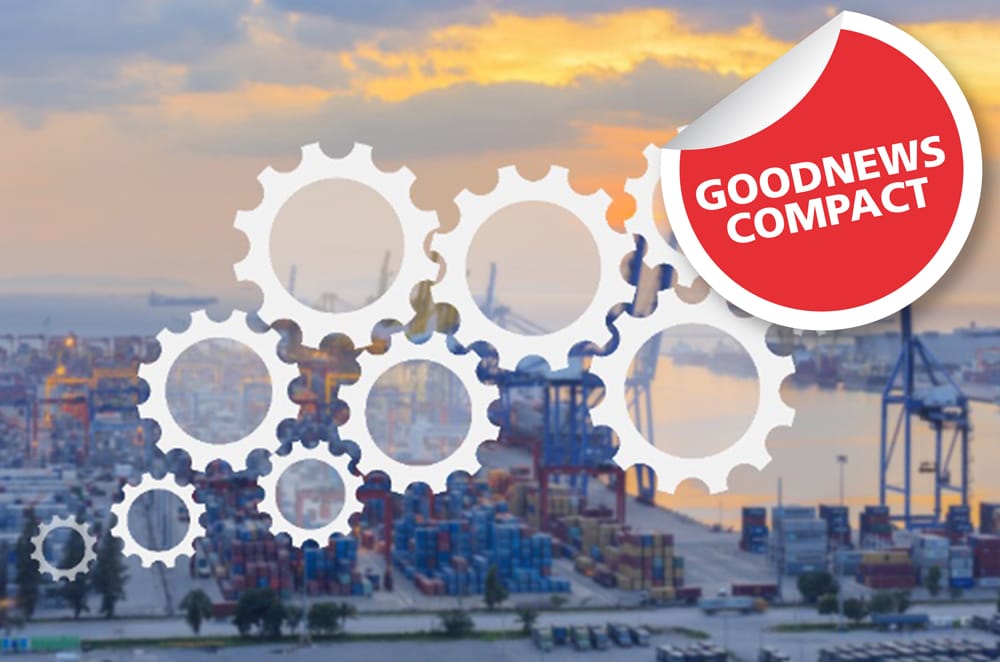
The supply chain consists of manifold intertwined links – and the closer the connections, the better and smoother the process. A good cooperation between all parties involved is particularly important for freight transport, as the events during the past weeks have demonstrated.
This summer has been challenging. During construction works for a new tunnel close to the German city of Rastatt, a severe subsidence of tracks took place, leading to a closing of the Rhein valley rail line between Rastatt and Baden-Baden.
Deutsche Bahn communicated slowly, but it eventually became clear that the disruption is likely to last until October. For train operators and their clients, this news came as a massive shock. This closure of one of the most important rail freight corridors is bad enough, but the fact that alternative routes were not sufficiently available further worsened the situation. This illustrated very clearly that many shippers put their eggs in one basket when it comes to routing their cargo and lack a proper risk management. However, it also demonstrated which transport companies were able to react in a swift and flexible way to work out alternative options – and effectively implemented these contingency plans as well. The Swisstrain managed to realise a transport alternative via Stuttgart rather quickly, for instance.
Too many boxes at once
But that’s not all. Summer time brings traffic jams. This is not only true for European roads this year, but also for vessels calling at terminals in Rotterdam and Antwerp. Since May, there have been massive delays for both exports to overseas and barge transports to the hinterland. In some instances, deep sea ships with a capacity of more than 20,000 TEU remain at berth for more than 24 hours, whilst barges often have to wait between 50 and 100 hours before they can discharge or load containers. The schedule restructuring of container shipping alliances has caused trouble for both ports, and a labour shortage has exacerbated this situation. However, the main cause of this problem is the growing volume of containers being shipped via Rotterdam and Antwerp on vessels increasing in size. This trend is set to continue, as both ports have recorded rising throughput numbers in the first half of this year. Industry experts are therefore warning that delays in processing barges are likely to last for the foreseeable future.
Working together
Terminal, barge and train operators, trucking companies and shippers are facing huge challenges by the overall situation. A combination of planning uncertainty, delays and extra charges meant that all parties involved were urgently looking for solutions on how to maintain the transport process.
These issues were extremely difficult and raised many questions on how to proceed. However, the core findings are simple enough: flexibility, transparent communication and most importantly a close cooperation between different transport modes as well as market players are key words. With barges facing severe delays at terminals in Rotterdam and Antwerp during the summer, rail connections often proved to be a vital alternative thanks to a smoother handling. However, since the disruption in the Rhine valley rail corridor, the opposite is the case. Because freight trains are only able to operate with reduced capacity on alternative routes, barges absorb a substantial amount of the freight and help cargo to reach the final destinations despite the many challenges.
The Swisstrain currently runs under a contingency plan with two round trips per week. The departures are less frequent than normally, but the operating company Swissterminal AG has still managed to improve the transport time. Roman Mayer, President and Delegate of the Board at Swissterminal AG, explains: “We have further increased the Swisstrain’s transit time at the beginning of August. For export cargo, we reach the terminals APM2, RWG and EMX in Rotterdam one to three days earlier than before, depending on the respective departure. For imports, we offer attractive schedules for all vessels departing at Maasvlakte terminals. And regarding the terminal EMX, the Swisstrain saves two days each on Mondays and Fridays.”
Working as a team will get you further, this has once more proven to be true. To deal with the increasing challenges for hinterland connections, efficient work flows along the entire supply chain and a functional transport infrastructure are more important than ever.

